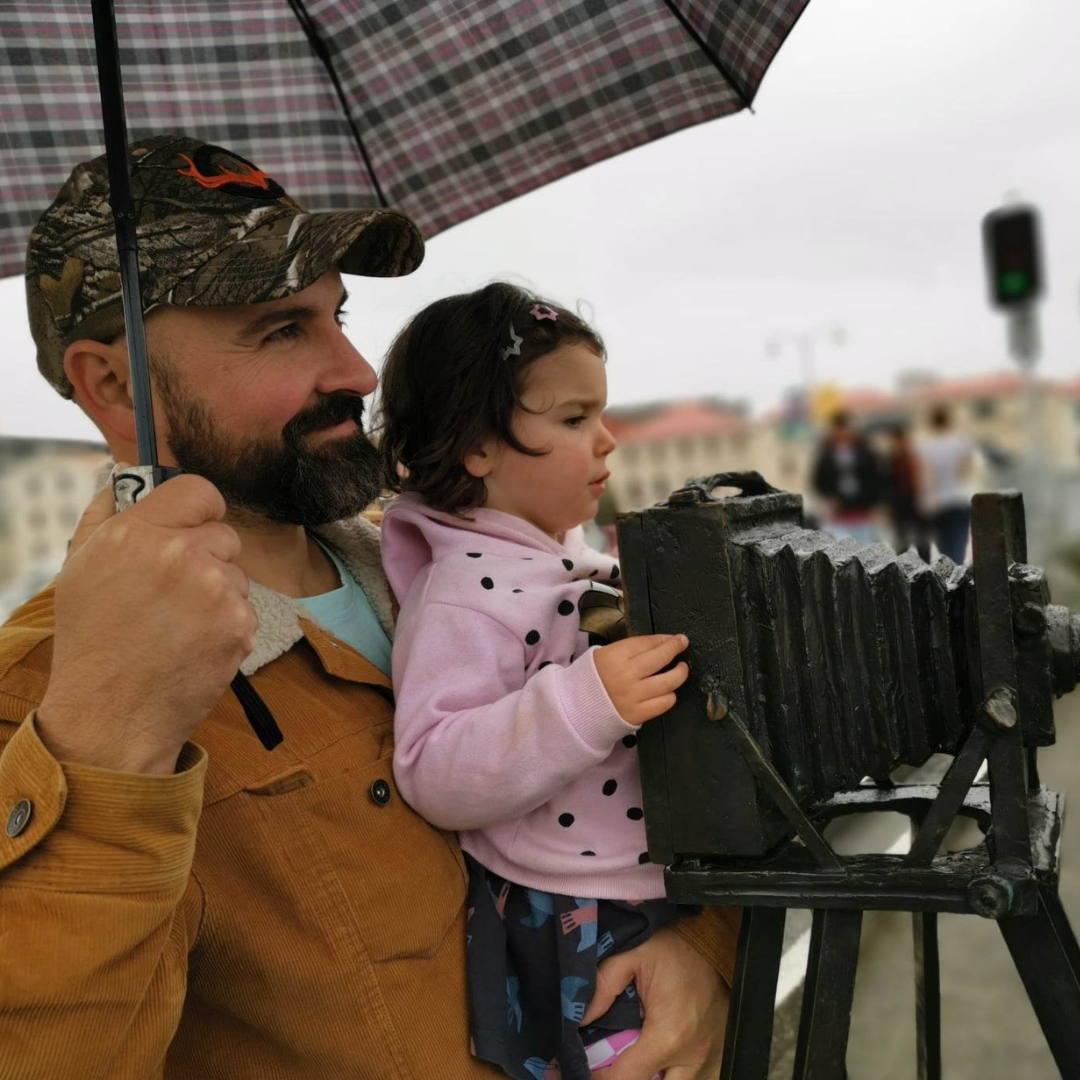Ben was introduced to the immunodeficiency community more than 15 years ago, when he met his wife, Lisa. In their youth, they spent time partying and enjoying life, relatively oblivious to the implication immunodeficiency can have on a person’s life. Although Lisa received a diagnosis at 12 years old, at this age, she was healthy.
Their relationship continued and they moved in together in Queensland. Ben was working full time and Lisa was studying at university. Over the course of her study, Lisa’s health was greatly impacted, and her double-degree was drawn out over eight years.
After a while, Ben realised that there was going to be times where Lisa would be dependent on him, and he needed to adopt a carer role. He decided he wanted to be there to support his partner though challenging times living with Chronic Granulomatous Disease (CGD).
The couple both had a lifelong dream of growing a family, however many doctors said they shouldn’t even consider it due to Lisa’s condition. This news was devastating for the couple, and greatly impacted their mental health. They struggled to see a way forward, as their dream had been shattered.
The couple pursued a fresh start and moved from Queensland to Tasmania in 2016. After moving, they attended an IDFA Conference in Melbourne, were they spoke to Dr. Nizar Mahlaoui. They shared their broken dream of having a family, Nizar simply replied “of course you can, people in France with CGD have kids all the time.” From this moment on, their lives were forever changed.
They began planning a family and looked forward to the future. Ben and Lisa were fortunate enough to deliver a happy, healthy little girl, Gracie into the world three years ago. For the 11 months post birth, life was challenging, as Lisa was in and out of hospital due to open wounds and slow recovery. During this time, Ben was the backbone of the family, he took leave from his work, and supported his wife and newborn daughter.
When the decision was made to have a child, Ben researched into ways to protect Gracie and they decided to store the umbilical cord blood, as this can be used for up to 20 years to cure conditions that Gracie may face, including CGD. Ben believes this is the best ‘get out of jail’ card he can buy for his daughter.
Each day is different for the family, depending on Lisa’s health. One day Lisa could go to gym, then to work and then do the shopping, which could be followed by two days in bed. Life is unpredictable for a carer and Ben considers his adaptability to be his strongest trait, allowing him to step in when necessary, in most of the roles in the house.
Nowadays, every Friday, Ben spends the day with Gracie, which gives Lisa a chance to recuperate. As with many people in a support role, Ben says that his family comes first, which does put mental/physical strain on him as a carer.
One way in which Ben is able to switch off from being a dad and a carer is by engaging in home-based hobbies – gaming online with friends, voice acting & producing a comic. This gives him time to focus his energy on something else, but still be accessible if need be.

